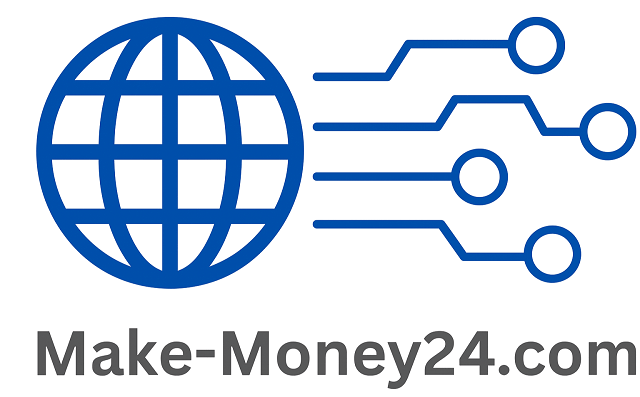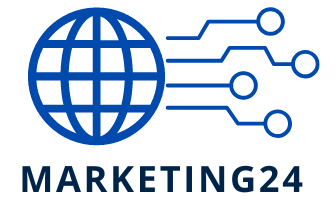
Introduction to the Freelancer’s Story
The journey from being a freelancer to establishing an agency is often marked by pivotal moments of growth and realization. Freelancers usually start independently, drawn by the allure of flexibility and control over their projects. They quickly adapt to various roles, wearing multiple hats as both the creator and manager. Over time, as their reputation solidifies and their client base grows, the demands of managing workload become increasingly complex. They begin to see the signs urging a transition from freelancer to agency, recognizing the potential to scale their operations and enhance service delivery. This shift is not just a change in business model but a transformation in mindset, catalyzed by the desire to offer comprehensive solutions while nurturing a platform for collaborative creativity.
First Steps in Scaling a Freelance Business
As they delve deeper into their industry, freelancers often discover gaps in how solo work can limit growth potential. Handling everything from sales calls to project execution leaves little room for strategic planning or innovation. This discomfort with stagnation becomes a catalyst for change, driving the realization that collaborating with other professionals might yield sizable advantages. In transitioning from freelancer to agency, individuals no longer solely rely on their skills; instead, they harness the power of teamwork, tapping into diverse expertise to meet broader client needs. Building an agency allows them to redistribute responsibilities, improve efficiency, and focus on nurturing client relationships and business growth, thereby positioning themselves more competitively in their niche market.
Building a Team and Delegating Work
The transformation from a freelancer to agency founder often begins with the recognition of opportunities that were previously unattainable due to time constraints and skill limitations. Freelancers initially face the challenges of finding like-minded professionals who share their vision—individuals who can contribute positively to the agency’s goals. This journey often involves building a supportive network, learning to delegate effectively, and managing a team. In doing so, a formal structure emerges, facilitating smoother operations and opening doors to projects of greater scope and impact. Ultimately, this transition becomes a testament to the freelancer’s evolution, driven by a clear vision of growth and the adoption of an entrepreneurial spirit rooted in collaboration and innovation.
Attracting Higher-Paying Clients
Taking the leap from freelancer to agency is a significant transformation that holds promise and potential for professional growth. It is a journey marked by strategic planning, resource allocation, and a surge of entrepreneurial energy. Successful scaling begins with evaluating your current freelance business model to identify strengths and weaknesses. Understanding your core competencies not only helps streamline processes but also identifies where additional skills or expertise may be necessary. Tailoring a business model that reflects your unique skills provides a solid foundation from which you can introduce new elements, such as digital tools or specialized software, that can bolster efficiency as you grow your operation from a one-person gig to a flourishing agency.
Overcoming Growth Challenges
Further along, repositioning branding is crucial as you transition from a personal freelancer to agency. Building brand recognition that aligns with your expanding business goals is essential. Begin by enhancing your professional online presence, updating portfolios, and optimizing a website designed to captivate new clients. Ensure that your messaging evolves to reflect the agency’s capacity to handle more significant and complex projects. Moreover, engaging with social media platforms and industry forums to showcase successes and share insights can significantly boost visibility and credibility. These efforts begin sowing the seeds of reputation as you move towards larger projects or retainers, beyond what a sole freelancer might often tackle.
Tools for Agency Management
Hiring your first team members is another monumental step in scaling your business. Identifying roles that complement your skills will enable you to maintain quality and adhere to newly expanded project scopes. Prioritize filling skill gaps that either detract from your strengths or overly consume your time. This strategic team-building will facilitate smooth operational flows, enhancing productivity and overall client satisfaction. Managing a growing team means instituting effective communication and collaboration tools, which are vital for maintaining the ethos and quality that have been your hallmarks. As a result, you slowly but surely transform your endeavor from a solo act into a coordinated team effort, effectively bringing your vision of evolving from freelancer to agency into reality.
Key Success Factors
Transitioning from being a freelancer to running an agency is a significant endeavor that requires careful planning and strategic execution. For many, the core of this transformation begins with building a team and learning how to delegate work effectively. A successful agency relies on more than just individual talent; it requires a cohesive group working together towards a common goal. The recruitment process sets the foundation for this success. Identifying the right candidates is critical. Potential team members should not only possess the necessary skills but also align with the company’s culture. During interviews, it’s important to assess both technical capability and interpersonal traits. When selecting team members, consider diversity in skills and perspectives to foster a dynamic and innovative environment. Equally important is defining roles clearly to minimize overlap and ensure that everyone understands their responsibilities from the outset.

